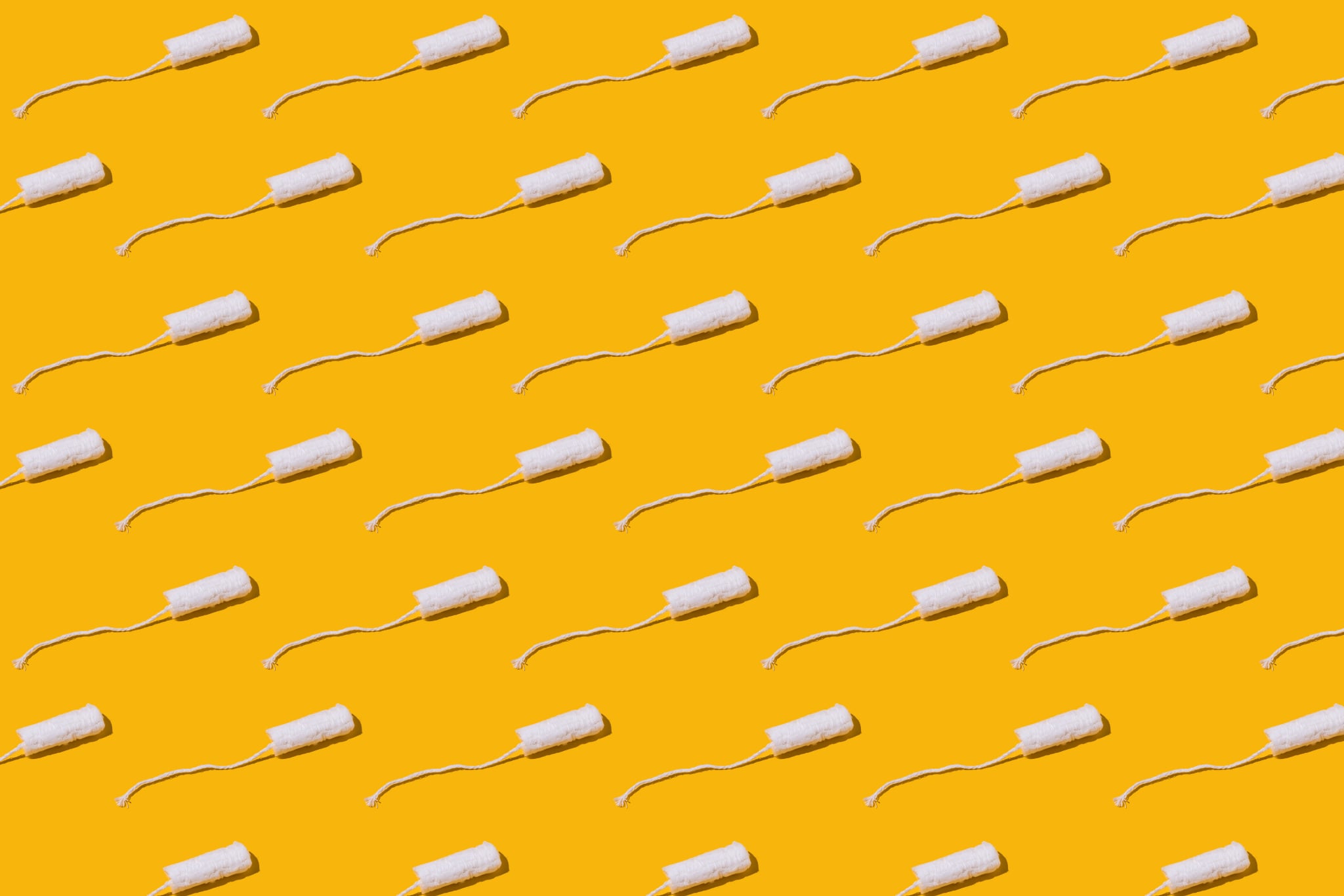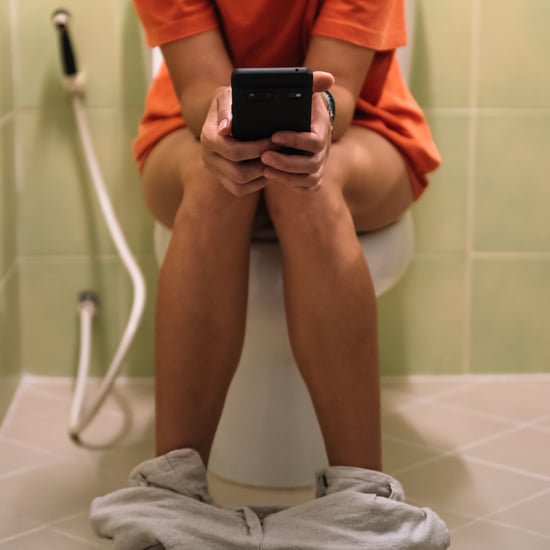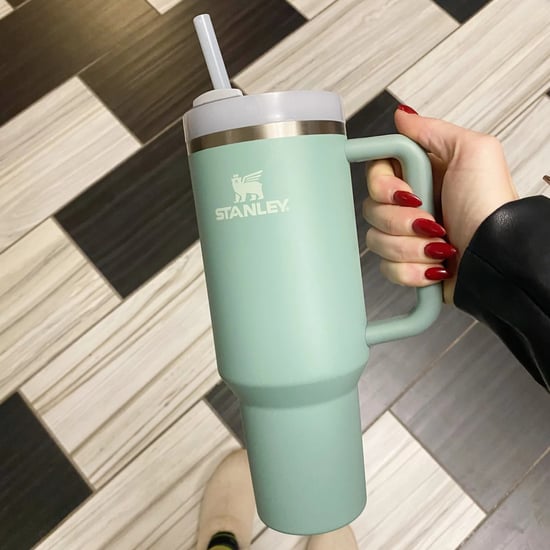Scotland Makes Period Products Free For Everyone
Scotland Just Made Period Products Free — Can the Rest of Us Have That Too, Please?

Scotland became the first country to make all period products — including pads and tampons — free for anyone who needs them.
The Period Products Act was passed unanimously by the Scottish Parliament in 2020 and is now going into effect this week, according to a statement from the Scottish government. The law ensures that people who menstruate will be able to access period care for free and with reasonable ease. Colleges, universities, government bodies, pharmacies, and community centres will have an assortment of free period products available in bathrooms for anyone who needs them.
Since 2017, the Scottish government has invested more than £27 million to fund period-care access, but the Period Products Act makes free, readily available period products a legal requirement.
Today the Period Products (Free Provision) (Scotland) Act 2021 comes into effect.
ℹ️ This means local authorities and education providers have a legal duty to make free period products available to anyone who needs them.
What we're doing to support ⬇️ pic.twitter.com/qcIi0alsdl
— Scottish Government (@scotgov) August 15, 2022
"Providing access to free period products is fundamental to equality and dignity, and removes the financial barriers to accessing them," Scottish Social Justice Secretary Shona Robison said in a statement. "This is more important than ever at a time when people are making difficult choices due to the cost of living crisis and we never want anyone to be in a position where they cannot access period products."
The Scottish government also coordinated with social enterprise Hey Girls to launch the PickupMyPeriod mobile app, which will tell users where they can find free menstrual products close to them. "The Period Product Act shows Scotland is leading the way in recognising that period products are not a luxury and should be freely available to all," founder of Hey Girls Celia Hodson said in the government statement.
The law was first introduced by Parliament member Monica Lennon, who has championed ending period poverty through legislation. The Journal of Global Health Reports defines period poverty as "a lack of access to menstrual products, hygiene facilities, waste management, and education."
In the UK, one in ten can't afford menstrual products, according to Plan International UK. For many people, they must face the difficult decision of buying food or menstrual products (a box of tampons ranges from £2 to £11, and of course, the essential, medically necessary products are subject to a luxury tax). Lennon shared on Twitter that Scotland was "the first but won't be the last." Fingers crossed.






